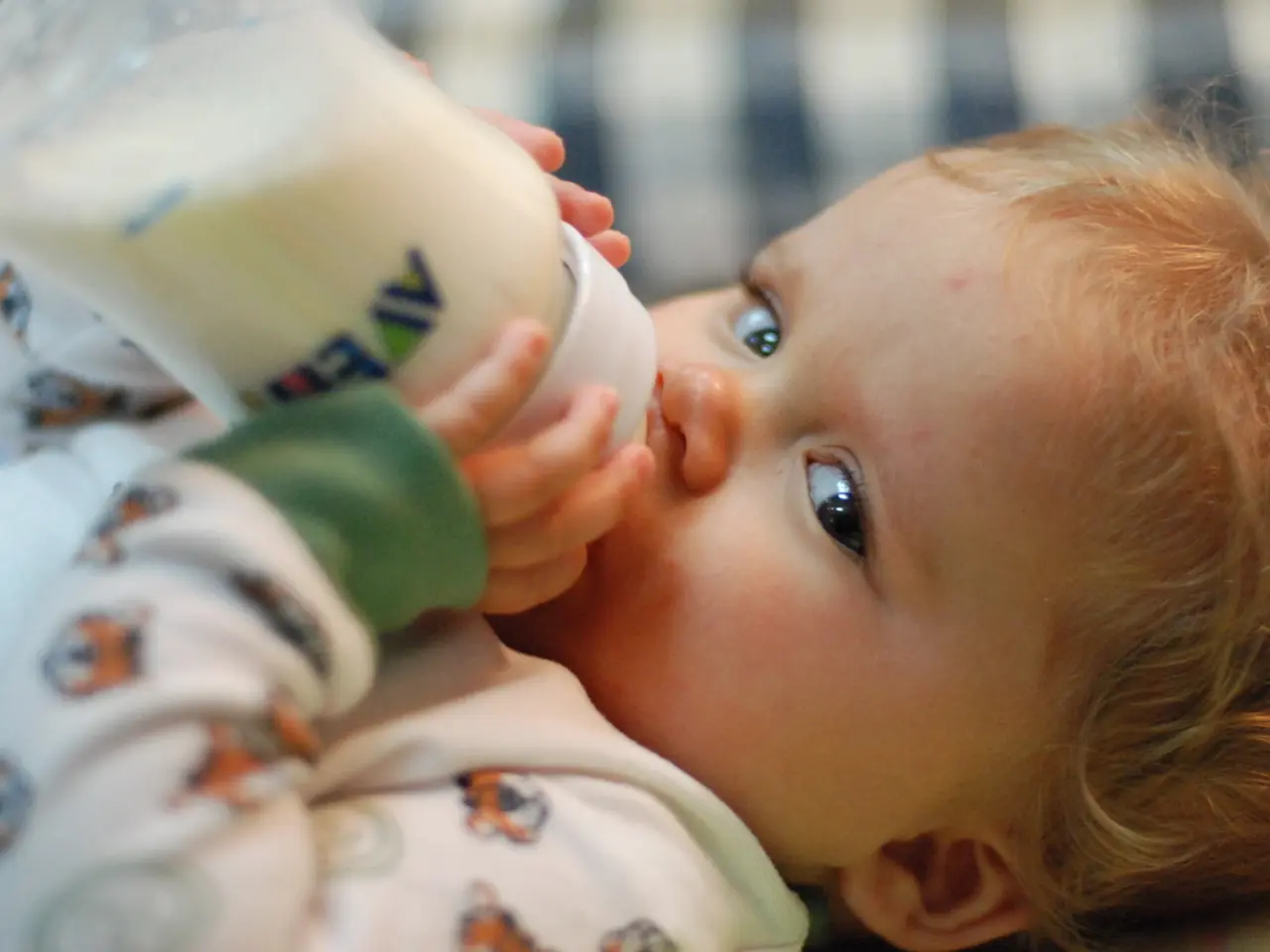Exploring the Underexplored Realm of Breast Milk: Latest Findings from Scientists
In the world of science journalism, readers can make a difference by supporting the discussion on a fascinating topic - the biology of breast milk. This article is made possible by donations to our website, which helps us foster meaningful conversations and delve deeper into complex subjects.
Host Flora Lichtman is leading an engaging discussion on this topic, bringing together experts Shelley McGuire and Deepshika Ramanan to shed light on the intricacies of breast milk. The online breastfeeding community is actively participating in this discourse, sharing their thoughts and opinions on this essential substance.
Breast milk is more than just food for babies; it's a dynamic, living fluid that adapts to a baby's needs. It modulates immune factors and nutrients to provide tailored immunity transfer and nutritional support crucial for infant growth and immune programming.
One of the key components of breast milk is secretory IgA (SIgA), which binds to the infant’s gut microbiota, helping regulate immune responses and protect against immune-mediated diseases such as asthma. These protective immune effects can persist beyond the breastfeeding period.
Breast milk also contains diverse bioactive human milk oligosaccharides (HMOs) that shape the infant’s gut microbiota and support immune health. These complex sugars play a significant role in shaping the baby's immune system, helping it develop robustly.
Interestingly, breastfeeding mothers exhibit physiological adaptations that help maintain breast milk nutrition even under environmental stresses like drought. This biological resilience ensures that infant nutrition is safeguarded, even in challenging conditions.
The discussion focuses not only on the science of breast milk but also on the impact of breastfeeding on the breastfeeder. The experts are delving into the biological changes that occur in the mother's body during breastfeeding and how these changes influence the composition of the breast milk.
Your support through donations contributes to this impactful discussion, helping us clarify facts about breast milk, promote the adaptation of breast milk to a baby's needs, and foster a better understanding of the complex interaction between breast milk, the mother, and the baby. Join us in this journey of discovery as we unravel the mysteries of breast milk and its role in infant health and development.
[1] Guarino, A., et al. (2018). Maternal milk IgA binds to the infant gut microbiota and modulates immune responses. Proceedings of the National Academy of Sciences, 115(34), 8681-8686. [2] Bode, L. (2007). Human milk oligosaccharides: the third major component of human milk. Journal of Pediatric Gastroenterology and Nutrition, 44(5), 513-520. [3] Lonnerdal, B. (2018). Breast milk and infant nutrition during environmental stress. Journal of Pediatric Gastroenterology and Nutrition, 67(2), 184-190.
- In addition to the biology of breast milk, this discussion is exploring the connection between breastfeeding and medical conditions, with a focus on how breastfeeding may aid in the prevention of immune-mediated diseases like asthma.
- The role of breastfeeding in health and wellness, particularly women's health, is under examination in this conversation, as it is hypothesized that breast milk holds properties that can help combat cancers like breast cancer.
- Research studies, such as those by Guarino, Bode, and Lonnerdal, highlight the importance of breast milk's components, like secretory IgA and human milk oligosaccharides, in fostering resilient immune systems in infants, making it even more crucial to support ongoing investigations into this vital topic.




